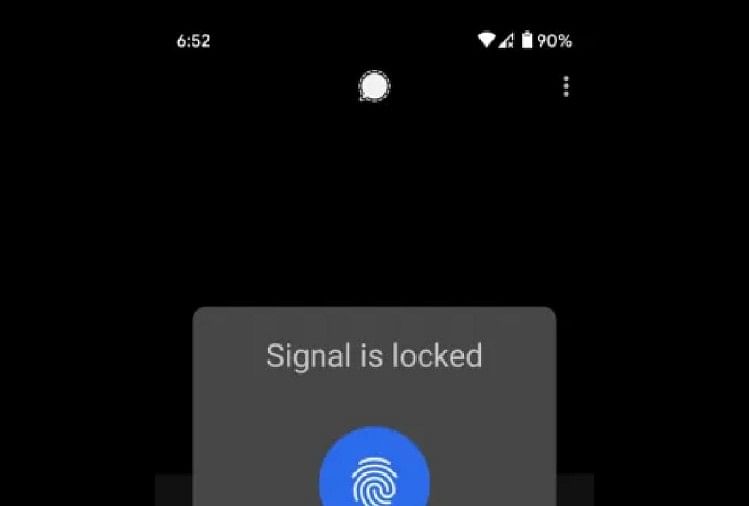


A year later, Twitter bought the company and Marlinspike became the platform’s head of cybersecurity. Out of their mobile security software startup, Whisper Systems, which they cofounded in 2010, they released TextSecure for texting and RedPhone for voice calls, both of which provided end-to-end encrypted communication. The two messenger services that eventually became Signal were created by security researcher Moxie Marlinspike and roboticist Stuart Anderson. While other messenger services have grown under the umbrella of colossal tech corporations, Signal was created by, and remains, the product of a handful of people. Still, Signal’s cutting-edge cryptography and the robust nature of its open-source development have earned Malkin’s approval: “I’d recommend Signal, and I use it myself.” Which isn’t to say that its tech prevents all conceivable attacks, especially ones aided by government budgets. “The government can issue other attacks which circumvent the cryptography, such as zero-day exploits, although such attacks require much effort and are expensive,” Malkin noted. Moreover, the cryptographic algorithms used for encryption are ones that we believe even the government cannot break,” said Tal Malkin, director of the Cryptography Laboratory at Columbia University and recent chair of the Center for Cybersecurity, part of Columbia’s Data Science Institute. “The protocol uses state-of-the-art cryptographic algorithms, relying on very good cryptographic assumptions, and has been scrutinized by many experts. As Western governments pressure tech companies to create encryption-circumventing backdoors that grant law enforcement access to user calls and message data, OWS has remained steadfast in their pledge to collect as little data as possible and has designed Signal’s network to follow that ideal, keeping information safe in transit and only storing data locally on a user’s device. Plus, those companies have a commercial incentive to collect and sell data. The company behind the secure messenger, Open Whisper Systems (OWS), has shared the encryption tech behind Signal with other messaging services, including those made by Facebook and Google, but many of them still don’t implement end-to-end encryption in all chat options. Heck, even Edward Snowden has recommended it. The Electronic Frontier Foundation includes guides for using Signal on its Surveillance Self-Defense tools page, and The Intercept, the publication cofounded by Glenn Greenwald, recommended it in a video.

The tech community has been recommending Signal as a secure messenger for years.

OWS has remained steadfast in their pledge to collect as little data as possible and has designed Signal’s network to follow that ideal.


 0 kommentar(er)
0 kommentar(er)
